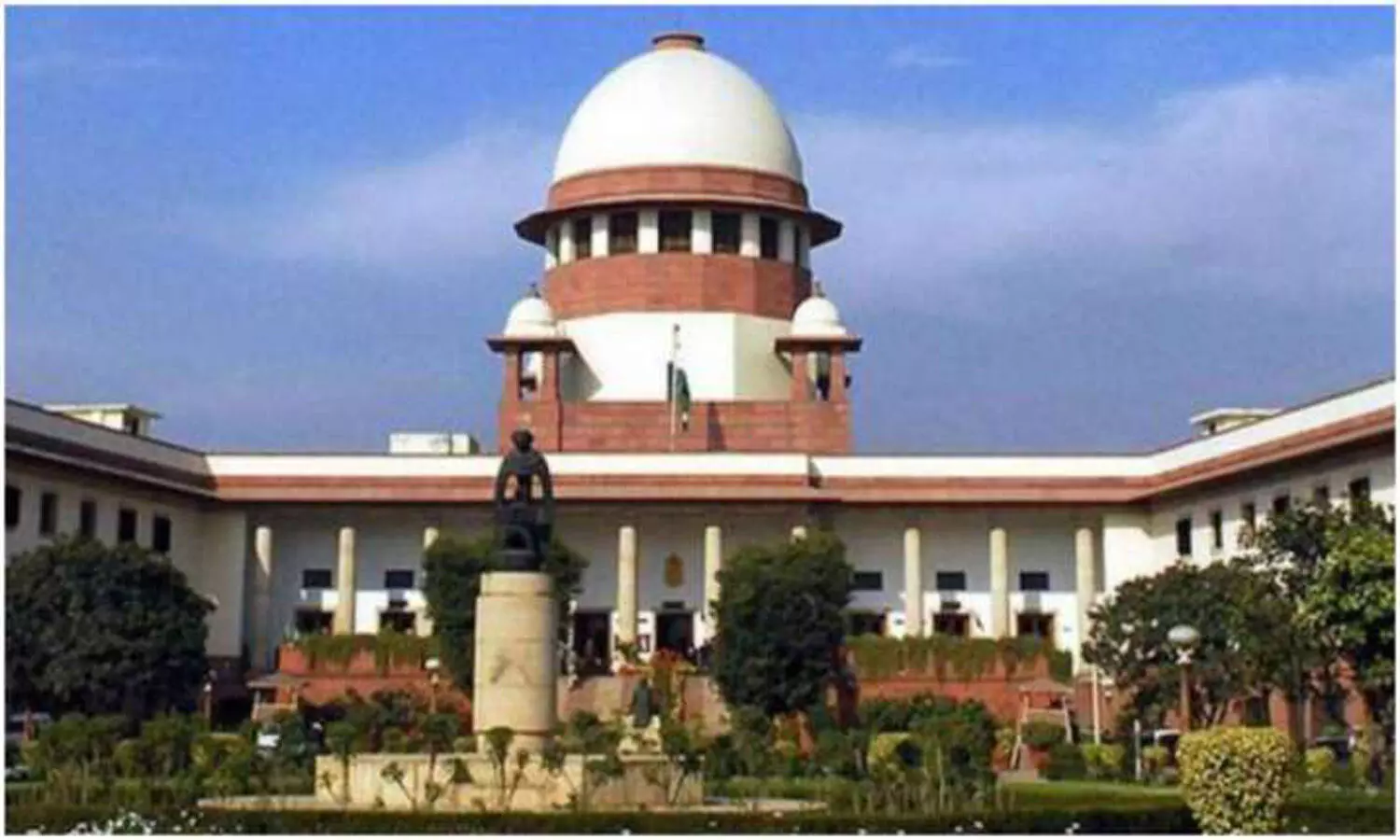TRENDING TAGS :
Supreme Court Raps Tamil Nadu Governor for Not Appointing DMK Leader K. Ponmudi as Minister
The Supreme Court’s rap serves as a reminder that constitutional duties should be fulfilled promptly and impartially.
Supreme court
In a recent development, the Supreme Court has criticized Tamil Nadu Governor RN Ravi for not appointing DMK leader K. Ponmudi as a minister. The court’s intervention highlights the constitutional responsibility of the Governor and the need for timely appointments in the state government.
Background and Legal Implications
Governor’s Role: The Governor plays a crucial role in the appointment of ministers in the state cabinet.
DMK’s Demand: The DMK, after winning the state elections, had recommended K. Ponmudi’s name for a ministerial position.
Delay and Controversy: The delay in the appointment raised questions about the Governor’s impartiality and adherence to constitutional norms.
Constitutional Provisions
Article 164: This article outlines the appointment of ministers by the Governor.
Governor’s Discretion: While the Governor has discretion, it must be exercised judiciously and without undue delay.
Political Ramifications
DMK’s Stand: The DMK alleges political bias and interference in the appointment process.
Public Perception: The delay impacts public perception and governance stability.
The Supreme Court’s rap serves as a reminder that constitutional duties should be fulfilled promptly and impartially. The appointment of ministers is crucial for effective governance, and any undue delay can have far-reaching consequences.



